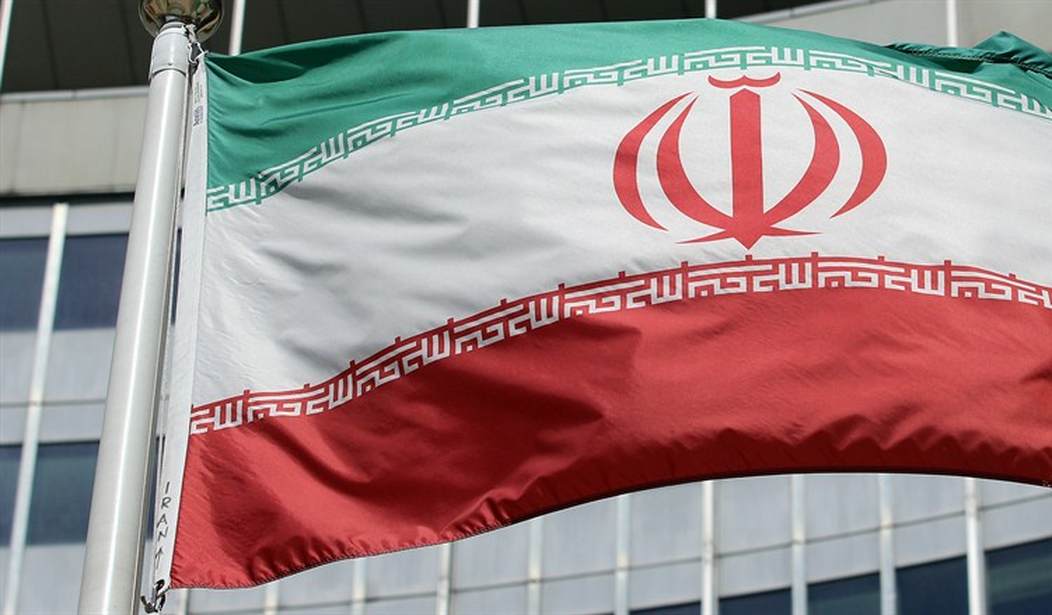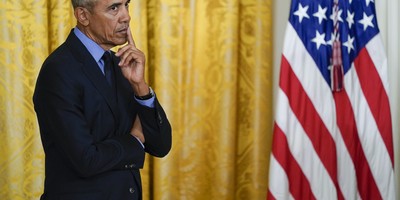Soviet dictator Joseph Stalin once said: "It is enough that the people know there was an election. The people who cast the votes decide nothing. The people who count the votes decide everything."
That is exactly the thinking of the current theocratic dictatorship in Iran. Elections are a veneer hiding what the dictators have stolen: popular sovereignty, free speech, freedom of assembly, freedom of thought and everything that is associated with these democratic principles.
On February 21, 2020, the Iranian regime will hold elections for the 11th term of its parliament, in which 290 legislators will be elected. This may leave Western observers with the impression that Iran has democratic representation; but that is a false impression.
In Iran's politics, the ultimate authority is an unpopular tyrant who is not directly elected by the people. The Supreme Leader, currently Ali Khamenei but always a religious cleric, represents the essence of the regime's undemocratic nature.
Central to any election in Iran is a 12-member supervisory body called the Guardian Council, whose members are completely subservient to Khamenei. Khamenei handpicks six cleric members of this body, while his handpicked judiciary chief recommends the remaining six lawyers to parliament.
All candidates' qualifications must be approved by the Guardian Council. If disqualified, candidates cannot run for office. Before the Guardian Council assesses their qualification, the regime's candidates go through a long security and intelligence vetting process, ensuring that all of the regime's officials, whether "elected" or unelected, are completely loyal to the theocracy.
Recommended
The Guardian Council routinely disqualifies most candidates who run for office - even within the already extremely narrow confines of the theocracy. Article 28 of electoral laws for the parliament stipulates that candidates must, among other things, "believe and adhere to ... the sacred system of Islamic Republic in practice," and "express loyalty to the ... principle of the velayat-e faqih," or absolute clerical rule.
Ahead of this month’s elections, the Guardian Council disqualified nearly 55% of the candidates, including 90 sitting members of parliament, some of whom had served three previous terms.
This purge demonstrates Khamenei's push to completely control all political instruments needed to implement his dark agenda. He needs to do this because he fears that the waves of popular protests are growing and becoming more organized.
In November 2019, close to 200 cities rose up against Khamenei and his regime. Protesters chanted “death to Khamenei” and “down with the principle of velayat-e faqih.” In response the Supreme Leader ordered his Revolutionary Guards (IRGC) to suppress the protests, and over 1,500 innocent people were brutally massacred in less than a week. Over 12,000 were arrested and some died under torture.
Khamenei blamed the protests on the best-organized Iranian opposition group, the Mujahedin-e Khalq (MEK). That same group has called for mass boycotts of national elections, and the regime fears that this will further expose the unprecedented rift between the people and the regime.
Already, clerical officials are sounding alarm bells. A Khamenei loyalist and senior official in Mashhad, Ahmad Alam al-Hoda, said last week: "The enemy wants to undermine the people’s participation in the election…. Any opposition to the election would be echoing the arrogant enemy."
A semi-official poll showed that 82% of the population will not participate in this "election." The poll was immediately censored by Tehran, but it reflected a popular embrace of calls-to-action by the MEK and the Iranian opposition leader Maryam Rajavi, President-elect of the National Council of Resistance of Iran (NCRI).
Mrs. Rajavi called it “a patriotic duty" to boycott the sham elections. Participation in such a farce serves only to provide an undeserved veil of legitimacy for Iran's tyrants. Boycotting it would also demonstrate a national bond with Iranian martyrs, especially the 1,500 martyrs of the November uprising, according to Mrs. Rajavi.
The people of Iran cast their vote for regime change during their recent uprisings. With chants of "death to the oppressor, be it the Shah or the Supreme Leader," they demonstrated that they want a future devoid of both the monarchy and the mullahs.
The Iranian people deserve a truly democratic republic that respects what is rightfully theirs: democracy and basic human rights. They do not want a theocracy that stole their sovereignty 41 years ago.
Instead, they want to make sure that the people who cast the votes decide everything, not the tyrants who count the votes. European governments should stand with them in that commendable pursuit.
Recent history is rich with examples of the EU condemning elections for the violation of democratic principles. And even though some European foreign ministers recently shook their Iranian counterpart’s hand at the Munich Security Conference, they should extend the same condemnation to Iran’s sham elections.
That parody democracy is a nightmare for the Iranian people and their quest for freedom. The European Union, its institutions and all its member states must recognize this fact immediately, and must take action by insisting upon international monitoring of the process and establishing an appropriate set of additional binding sanctions against the officials and institutions that are responsible for withholding true democracy in Iran.
Giulio Terzi di Sant'Agata is a former foreign minister of Italy, former Italian Ambassador to the United States, former Permanent Representative of Italy to the United Nations and a member of the Advisory Board of United Against Nuclear Iran (UANI).

























Join the conversation as a VIP Member